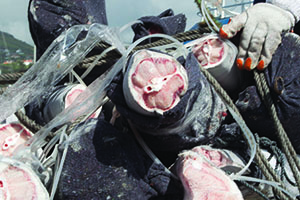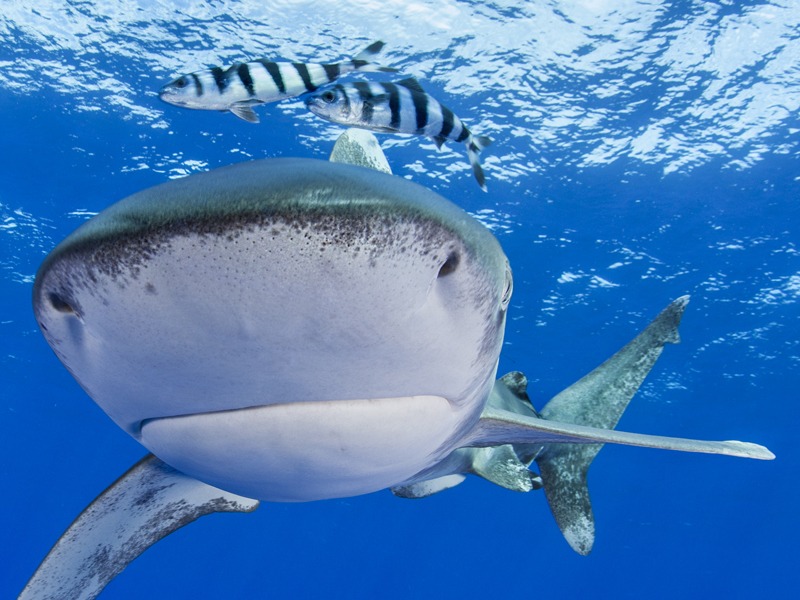Juan Villanueva
7th February
Finning sharks is the cruel practice of removing all fins from a shark, usually alive. Afterwards, fishers discard the shark at sea and condemn it to die inevitably. The organisation Stop Finning EU has collected over 1.2 million signatures to ban fin´s commercialisation within the Europe market, as the UK did it before.
This citizen proposal it’s the first step to get to the European parliament in March 2023; now they are waiting for its validation. Nils Kluger, the speaker of the EU citizen initiative, is pleased: “That the EU finally acts, was urgently necessary. Now we have a strong voice of EU citizens behind us to finally end the shark fin´s trade in the EU.
With this initiative, we as citizens have the chance to speak out against the illegal finning and catching of sharks purely for their fins. The trading of fins from Europe must stop”. Sharks are mainly for their fin, which can be worth up to £300 per kilo. Their meat can be used, too, but it’s worthless in comparison. For this reason, shark finning takes place; in the space of one shark, it can be many fins. Fin shark soup is a luxury dish in the Asiatic culture, and its demand is rising as there are more Chinese wealthy families.
Although its enforcement is very complicated, many countries ban finning sharks, though fishing is not illegal. Furthermore, under special circumstances -usually for storage- it is allowed to cut the fin. Different authorities have different ratios to calculate the number of fins per carcass. Finally, vessels unload in various ports, which makes its traceability harder.
The presence of fins doesn’t necessarily mean finning is taking place, as fins also have a legal trade. When a shark is brought to shore and has its fins removed later, this is not categorised as shark finning. Thus, the initiative aims its commercialisation in the European market, not fishing.
MASSIVE THANKS to our #volunteers from all over the world!👏🙏 Last week we made the impossible possible for #sharks: #StopFinningEU celebrated over 1,2 million votes for a #FinBanNow in Europe! 🦈 Stay tunes for the next steps! 😉 pic.twitter.com/27xQhUCQvT
— StopFinningEU (@StopFinningEU) February 7, 2022
The UK one step ahead without European burden
The UK is already a step ahead, as imports and exports were banned last August. It also includes fin products, including tinned shark fin soup. Animal Welfare Minister Lord Goldsmith said: “Shark finning is indescribably cruel and causes thousands of sharks to die terrible deaths. It is also unforgivably wasteful.
“That is why we are now banning the import both of detached shark fins and shark fin products. Our action will not only help boost shark numbers, but it will also send a clear message that we do not support an industry that is forcing many species to the brink of extinction”.

“That is why we are now banning the import both of detached shark fins and shark fin products. Our action will not only help boost shark numbers, but it will also send a clear message that we do not support an industry that is forcing many species to the brink of extinction”.
Many species of shark face significant population pressures. Out of 500 species of shark, 143 are listed as ‘under threat’ under the IUCN red list, and a recent paper in Nature estimates the global abundance of oceanic sharks and rays has declined by 71%. Its threat doesn´t come only from its tasteless fin -Because it´s actually tasteless and with a very low nutritional value but from a myriad of circumstances regarding the climate and biodiversity crisis.
They are losing habitat, losing food and suffering the ocean warming. Its fishing is just one factor that pushes them towards the brink of mass extinction. While Human Beings have been on earth for around four million years, sharks have been here for 450 million years; is it not ironic to be its executioner?

